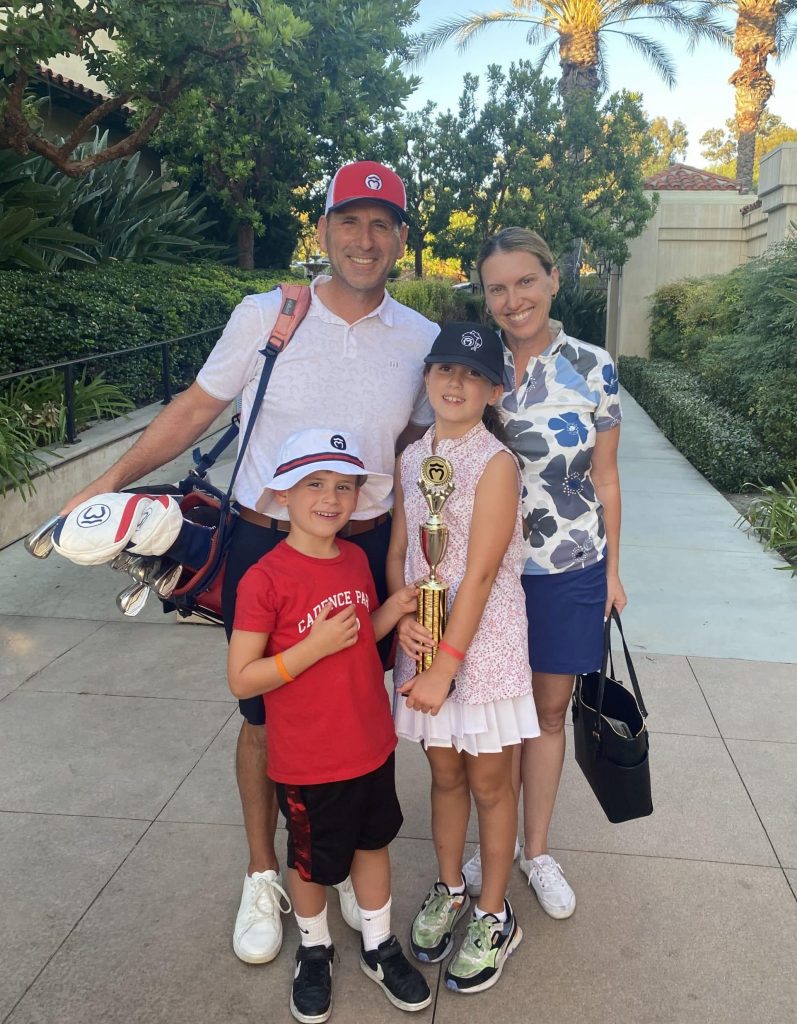TL;DR: A father in prison learned how being fully present transformed his relationship with his kids — something every parent can learn before it’s too late.
Going to prison is hard. There’s no way to soften it. Still, some lessons from that experience reveal how disconnected many parents are long before prison begins.
A Call That Said Everything
A father in our community called me recently from his camp.
He said, “I had the best visit I’ve ever had with my kids.”
That caught my attention. He’d been in prison for months, yet the visit left him feeling closer to his children than he had in years before his conviction.
He said, “It felt different. I don’t know why.”
I told him what I saw right away:
“You’re completely present. There’s no iPhone, no distraction. You’re just there.”
He laughed and said, “That’s it. I wish I didn’t have to come here to learn that.”
That sentence hit me. Because it’s true for more people than will ever admit it.
The Real Disconnect Happens Long Before Prison
Before he went to prison, this same father spent visits half-checking his phone, glancing at news updates, answering emails, or worrying about his case. His body was there, but his mind was somewhere else.
Now he sits with his kids for six hours on a Saturday. No phone. No pressure. No escape from the moment. They talk. They laugh. He asks questions and listens.
That’s the irony of a prison camp — it forces the very clarity most parents crave but never make time for.
He told me, “I wish I’d learned this before all this happened.”
And that’s exactly what other parents can take from his experience.
What You Can Learn Before It’s Too Late

If you’re under investigation or waiting for sentencing, you might be living in constant distraction. You’re anxious, ashamed, and trying to hold life together. But here’s what’s true:
- Your kids can feel your distance. Even if you hide it well.
- They remember presence more than gifts. They don’t care about a perfect day; they care that you’re paying attention.
- They’ll notice when you start showing up again. It won’t erase mistakes, but it builds credibility.
You don’t need prison to figure that out. You can start today.
3 Practical Ways to Reconnect Before Prison
- Set a no-phone rule for family time. One hour, no exceptions. Your attention is the currency your family values most.
- Ask questions instead of giving updates. The people who love you already know your case. They don’t need more legal talk. They need your interest.
- Document what you learn. If you write about these changes—how you’re rebuilding connection—it becomes part of your record of growth. Judges, probation officers, and your family all notice when effort becomes visible.
Why This Matters for Sentencing
When a judge reads letters or watches a video from your family, they don’t just want to hear that you regret what happened. They look for evidence that you’ve started living differently.
Being present with your family isn’t sentimental—it’s measurable. It shows maturity, self-awareness, and responsibility. Those traits don’t appear because you said the right words. They appear because you stopped wasting the moments you have left before prison.
The Lesson Most People Miss
The father who called me didn’t gain anything material from his sentence. He didn’t come home early. He didn’t receive special treatment. What he saw that day was simple. Being present mattered more than any excuse he’d made before.
He told me, “I never realized how much my kids wanted me to just sit there and listen.”
That’s what prison took away. And strangely, what it gave back.
FAQ
Q: What’s the biggest thing parents overlook before going to prison?
They focus on logistics—visits, finances, housing—and forget the emotional record their children are keeping.
Q: How can presence actually help during sentencing?
A simple letter from a spouse or child can say more than you think. When they describe consistency, patience, and engagement, judges recognize it.
Q: What if my kids are too angry to visit or talk?
Write to them anyway. Keep a record. Presence starts with proof that you’re trying, even when they can’t respond.
You don’t have to go to prison to learn what he did — just put your phone down and pay attention.
If you’re preparing for sentencing or trying to rebuild credibility, join our next webinar or schedule a personal call.
We’ll review how parents rebuilt connection and trust with their families, step by step.
Justin Paperny
Written by Justin Paperny, author of Lessons From Prison and Ethics in Motion.



